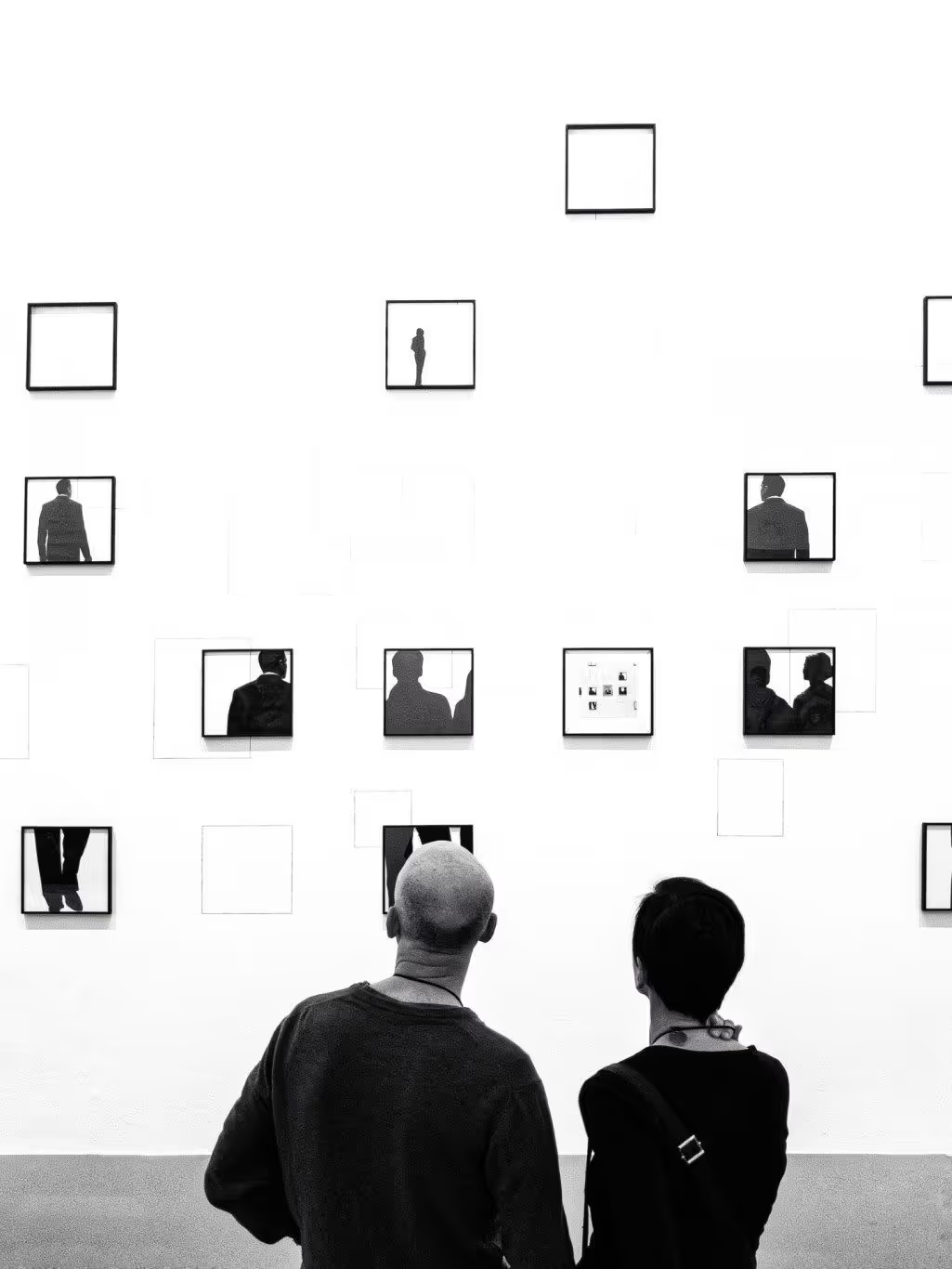The human brain can think about objects and events at various “levels of construal” — from the abstract, high-level, and conceptual all the way down to the low-level and concrete. Marlone Henderson is a psychologist who studies how level of construal affects problem-solving. Among other surprising findings, Henderson has shown that physical distance can lead negotiators to more successful outcomes by prompting them to think about the big picture.
We reached him at his lab at the University of Texas at Austin in advance of the NeuroLeadership Summit in October, where he’ll be speaking.

NLI: Let’s do a tour of your work on construal and negotiation.
Marlone Henderson: When I was coming out of grad school, I was interested in understanding how people’s cognitive style would impact how they would approach problem-solving and negotiation.
One of the big issues you deal with in negotiation is when parties have differing priorities.
Negotiators tend to come to the table trying to fight out and hash out every little thing, trying to get everything they want, without realizing they may be able to identify key trade-offs where they can sacrifice things that are less important in order to gain things that are more important.
I showed that if you push people to think in a more abstract manner — to take a step back from the details and look at things in a broader, more inclusive manner — they’re able to focus on what’s more important to them.
When people do that, it increases the likelihood they’ll deal with multiple issues at the same time. When you’re dealing with one issue at a time, it’s harder to recognize that one is more important than another. But if you deal with multiple issues at the same time, you’re more likely to see how different priorities emerge.
When you push people to think more abstractly, they’re more likely to deal with multiple issues at a time, and that increases the likelihood that they’ll recognize where different priorities lie. And that then increases the likelihood that they’ll trade off on things that are less important and ultimately come up with more win-win agreements.
NLI: What are the implications for organizations?
MH: It’s possible to think about this in terms of personality. There are certain people who just naturally think more abstractly. Those might be your more gifted negotiators from the get-go. So the lesson would be, maybe hire people who naturally think more abstractly.
But even if you’re not that kind of person, there are situational variables that will push you to think more abstractly. The two variables I looked at were time and space.

First, there’s time. If people are negotiating over issues that are more distant in the future, that increases the likelihood that people will construe the issues more abstractly — which will then foster more win-win agreements, through considering multiple issues at a time.
The other variable is space. I showed that when people are negotiating with someone they think is physically farther away from them, it works the same way as time: People are more likely to identify areas where they have trade-offs, and therefore recognize they have different priorities, and are more likely to come up with win-win agreements.
NLI: What if I’m negotiating with somebody face-to-face — we don’t have distance — and negotiating about something that’s happening now, not distant in time? Is there a way for me to trigger them to elevate their level of construal?
MH: That’s a good question. I published one study where we directly manipulated people’s level of construal. Before people start negotiating, we show them the issues they’re going to be negotiating about.
With one group, we have them look at the issues and think about how to categorize them or think about them in a broader context. Let’s say you’re negotiating over salary and vacation time. We might say, “Well, if you think about those issues, what do they really represent if you had to think about a bigger category?” They might respond, “They both deal with my lifestyle satisfaction.”
With the other group, we have people take the issues and come up with specific examples.
We found that when you have people take the issues and lump them together and think about them in a broader category, as opposed to generating specific examples, it works the same way as having people think about distant time. Even though they’re getting ready to do that negotiation in a few minutes and the issues are right there, relevant to them at that moment, having them broaden their horizons by categorizing them in a broader way did the same trick.
I have not directly tested this, but the implication would be that even if your issues are relevant now, you might see these benefits just by having people —it almost sounds like a meditative exercise — take a moment to envision their life in the distant future.
NLI: What if I have a mildly adversarial posture toward my negotiating partner? Say I walk into my boss’s office and I want to ask for a raise. I’m not saying, “Hey boss, if you don’t mind, close your eyes and I want you to meditate for ten minutes.” Is there something I can say to raise their level of construal that would be appropriate in a negotiation context?
MH: Good question. That’s something that as far as I know there’s research on. In our studies, we always control the cognitive style of both negotiating partners — and the two people negotiating are always on the same level.
NLI: Let’s imagine a specific situation — I’m going to a low-level construal now to talk about it, using an example. Say my boss says, “OK, how much do you want?” And I say, “Well before I answer that, let’s take a step back. Let’s think about the future. Let’s think about the overarching goal. Our organization wants to grow. Ten years down the line, we want to be bigger, and I want to be part of it…” I’m speculating that maybe that kind of language could put prime high construal.
MH: I absolutely agree with you. My intuition is there with you as well. What you just said sounds very much like the manipulations that experimenters give to participants. That’s why, on the one hand, I totally share your intuition: That should work.
The only reason I’m hesitant to go full-on is there’s this nagging research from the 60s in my mind about what’s called psychological reactance. We know from early social psychology research that when you’re trying to persuade someone and they know you’re trying to persuade them, they often react by doing the opposite of what you want. You’ve heard the expression “reverse psychology.” There is some truth to that! I could imagine in an adversarial situation, it may backfire. They might be in their minds saying, “Why the hell should we think about the big picture?”
NLI: “I refuse to think about the big picture!”
MH: Yeah! If it’s truly adversarial, I could imagine a context where basically anything you say, people go the opposite direction because they don’t like you.
NLI: I think the solution then is obvious! You just need to tell your boss, “We cannot think about the big picture. Do not raise your level of construal!”
MH: Yeah! I will say that unless you’ve got a really shitty situation with your boss, it’s probably not that that adversarial. In a more cooperative or friendly context, it may totally work.
Interview conducted by Jay Dixit.
[action hash=”6cd538cd-54dd-4b69-a152-d85ebcd24518″]




.avif)



